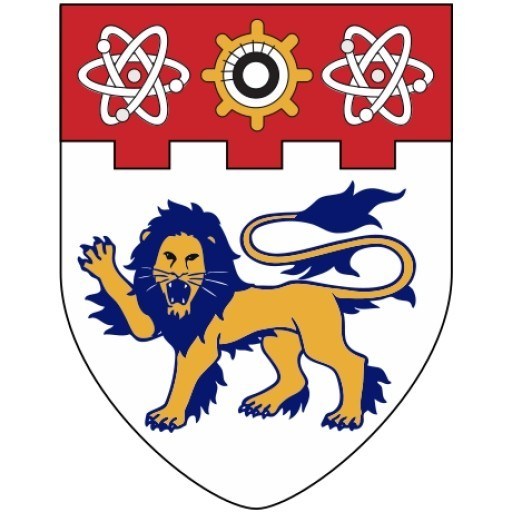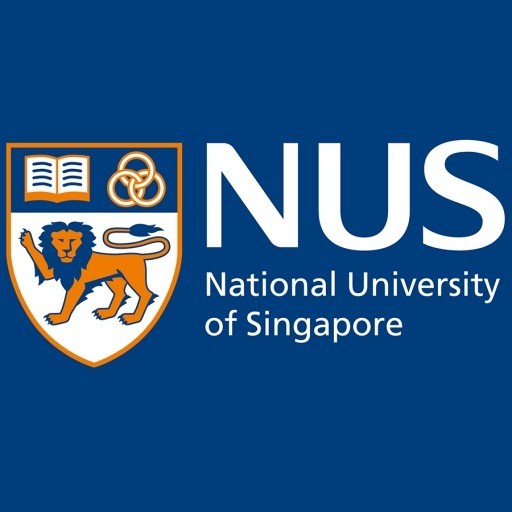Photos of university / #ntu_sg
The Bachelor of Arts in International Studies at Nanyang Technological University offers students a comprehensive and interdisciplinary education in global affairs, international relations, and cultural understanding. Designed to prepare graduates for the complexities of an interconnected world, this programme combines theoretical foundations with practical skills to equip students for careers in diplomacy, international NGOs, multinational corporations, and government agencies. Throughout the degree, students explore key issues such as international security, economic development, human rights, environmental sustainability, and regional politics, engaging with diverse perspectives from Asia and around the world. The programme emphasizes critical thinking, analytical skills, and effective communication, enabling students to assess international challenges and contribute innovative solutions. Specialized modules allow students to deepen their knowledge in specific regions or thematic areas, while language courses and exchange opportunities foster cultural competencies and global outlooks. With a curriculum that integrates political science, economics, history, and cultural studies, graduates develop a well-rounded understanding of international dynamics. The programme also offers experiential learning through internships, research projects, and study abroad programmes, ensuring students gain real-world experience and build professional networks. Career pathways for graduates include international policy analysis, diplomatic service, international development organizations, and corporate multinational roles. Committed to fostering global citizens, Nanyang Technological University's International Studies programme prepares students not only to understand the world but to influence its future positively.
Core Courses
- P9001 The Advanced Study of International Politics: Concepts, Methods and Research Design
- P9002 Quantitative Methods in the Study of International Politics
Elective Courses
Any MSc course linked to the PhD Candidate’s area of specialisation.
The degree requirements for the PhD Programme are as follows:
- Pass two core PhD courses and two elective MSc courses (obtaining a minimum GPA of 2.5 in each course and a minimum TGPA of 3.5 overall)
- Pass the confirmation exercise no later than 24 months from enrolment in the programme
- The timeline applies to both full-time and part-time PhD students
- Full-time students on a scholarship are required to pass their confirmation exercise within 18 months
- Submit a final research thesis deemed satisfactory for examination by the Thesis Advisory Committee (no later than five years from the start of candidature for full-time students and seven years for part-time students)
- Pass an oral examination (Viva) on the subject matter of the thesis
The research thesis (written in English) must contain original work or critical interpretation worthy of publication. The length of the thesis should not exceed 80,000 words (including footnotes but excluding appendices, bibliography, maps, charts, statistical tables, graphs, illustrations, etc.).
Requirements
- One passport-sized photograph (electronic copy, jpeg format)
- Copy of Academic Transcript(s) issued by your university (must be in English, otherwise an official English translation must also be provided).
- Copy of undergraduate degree certificate (must be in English, otherwise an official English translation must also be provided).
- Statement of Purpose: applicants should discuss the professional, academic and personal experiences which contributed to their desire to study at RSIS, their specific interest in the intended area of focus, and professional goals/objectives upon graduation (600 words).
- Essay on an issue of national/international importance: discuss an issue of national or international importance and its concern to you (600 words).
- Copy of NRIC / Passport (page showing your nationality and personal details).
- All applicants must pay a non-refundable application fee of S$21.40 per programme
- Completed scholarship application form, if applicable.
- Documentary proof of present and previous employment (with designation, dates of appointment and resignation indicated), if applicable.
- Minimum two references are required. References must be submitted by referees directly toRSISadmissions@ntu.edu.sg, using the email title: ‘Reference <candidate name>’. If any of your referees does not provide his/her report, your application will not be processed. We strongly recommend that referees use their official email address (company email address/university email address) and not personal emails such as Gmail, Yahoo, Hotmail, 163.com, qq.com etc, when submitting their references. We recommend that both your referees are past or current lecturers/supervisors/managers who can comment on your abilities and potential to successfully complete the program. Referees should use this Referee Report Form.
- Standardised Test Scores: test scores for TOEFL (Test of English as a Foreign Language) or IELTS (International English Language Testing System) must be submitted by all applicants except those with undergraduate degrees from universities where English was the medium of instruction. A TOEFL Test Score of minimum 600 (paper-based), 250 (computer-based) or 100 (internet-based) or a IELTS score of minimum 7.0. are required. Test dates must be within two years or less from the date of your application
Scholarships
- Nanyang President Graduate Scholarship
- Singapore International Graduate Award (SINGA)
- NTU Research Scholarship
The Bachelor of Social Sciences in International Studies at Nanyang Technological University (NTU) is a comprehensive undergraduate programme designed to equip students with a deep understanding of international relations, global politics, and cross-cultural communication. This interdisciplinary course combines insights from political science, economics, history, and sociology to prepare graduates for roles in government, international organizations, NGOs, and multinational corporations. The programme emphasizes critical thinking, analytical skills, and a global perspective, enabling students to interpret complex international issues such as security, trade, human rights, and environmental challenges. Students have the opportunity to study abroad through exchange programmes at partner universities, enriching their cultural awareness and gaining firsthand experience of different governance systems and societal structures. The curriculum includes core modules in international politics, international economics, security studies, diplomatic practices, and global governance, alongside electives tailored to specific interests such as Asian studies, development, and conflict resolution. Practical components like internships, seminars, and research projects are integral to the programme, providing real-world exposure and fostering professional skills. Graduates of the programme are well-positioned to pursue careers in diplomacy, policy analysis, international development, or further postgraduate studies. The university's strong network of international partners and committed faculty members ensure that students receive a high-quality, globally relevant education that aligns with current international affairs trends and challenges.

